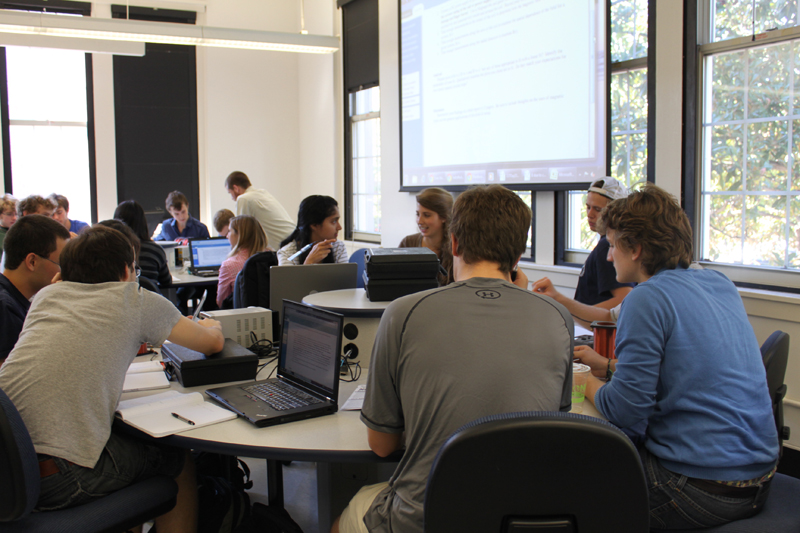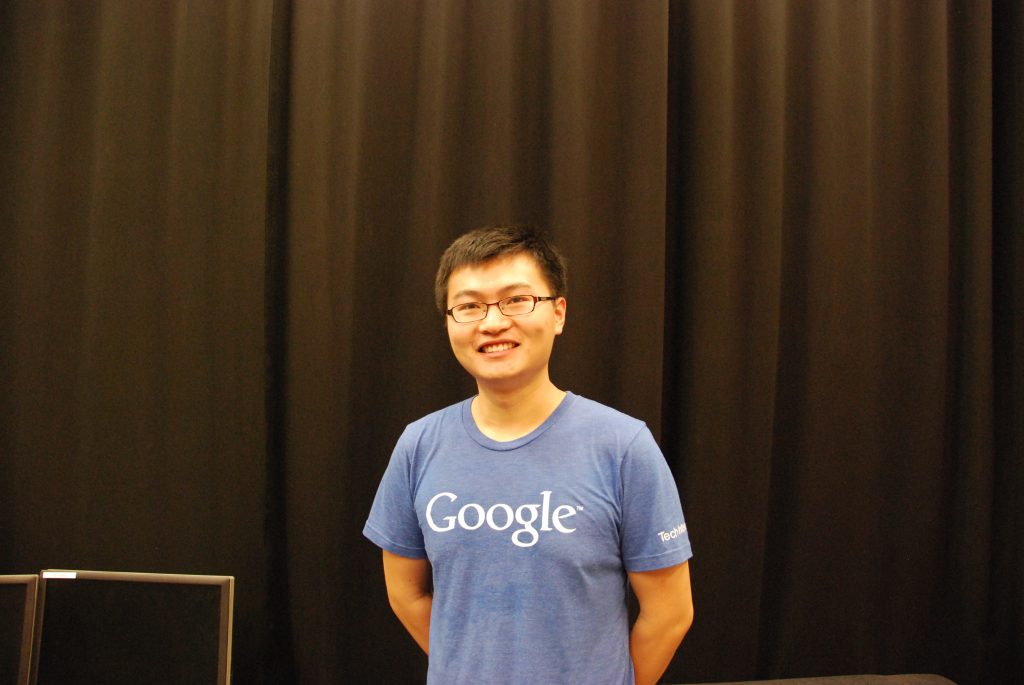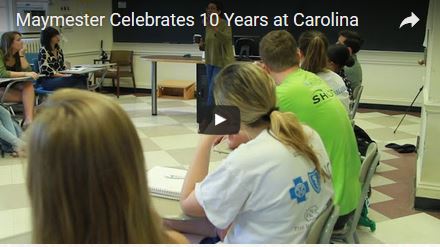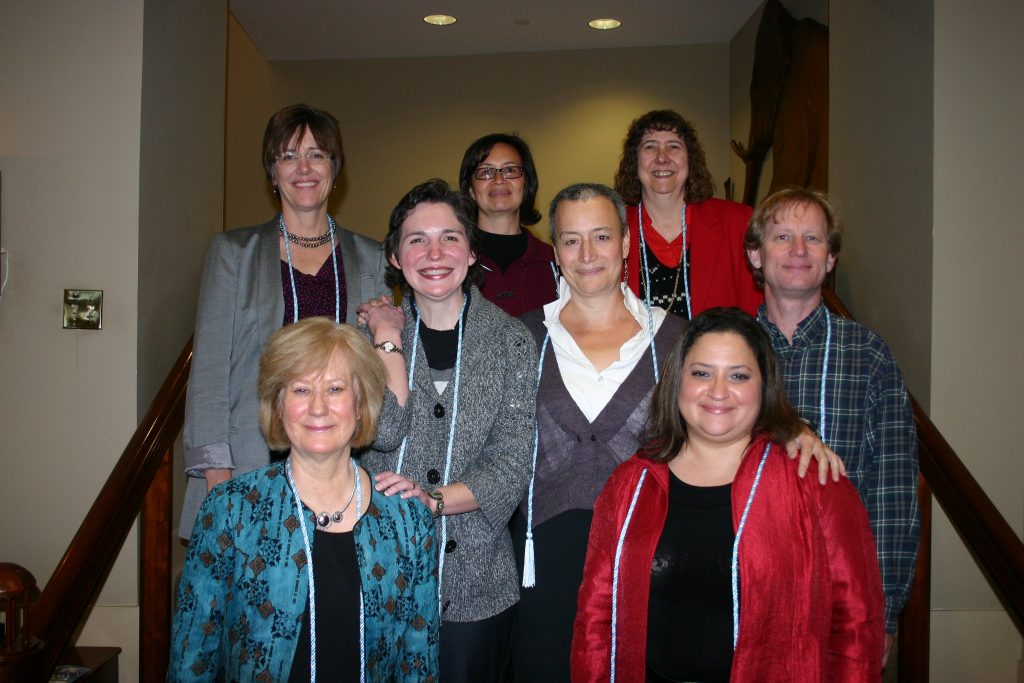
The University of North Carolina at Chapel Hill has been named a project site for the Association of American Universities’ (AAU) five-year initiative to improve the quality of undergraduate education in science, technology, engineering and mathematics (STEM) fields at its member institutions.
UNC-Chapel Hill is one of eight campuses to each be awarded $500,000 over the next three years as part of a $4.7 million grant to AAU from The Leona M. and Harry B. Helmsley Charitable Trust. The University will commit $1.293 million over the same period from its state-funded instructional support to transform its gateway science courses in biology, chemistry and physics in the College of Arts and Sciences.
The project bolsters an ongoing initiative in the College to enhance undergraduate education through the use of innovative, evidence-based, student-focused instructional techniques and technologies that have been found to be effective for students with wide-ranging academic experience, including those new to the sciences.
“Making learning opportunities more engaging and experiential will prepare our students even more effectively for success in a fast-changing world,” said Karen M. Gil, dean of the College of Arts and Sciences. “We’re grateful for the support of AAU and the Helmsley Charitable Trust, which will take our initiative to the next level, helping faculty transform STEM education to attract diverse students to these growing fields. We’re also grateful for the leadership of Mike Crimmins, senior associate dean for the sciences, in overseeing the development of this high-priority initiative for the College and the University.”
The enhancement of STEM courses began in the College of Arts and Sciences about 10 years ago with the redesign of the introductory physics course. The department of physics and astronomy later launched the use of the new SCALE-UP model, which turned a large traditional lecture class into a workshop setting. Students collaborated on solving problems in smaller groups in class with assistance from graduate students and the instructor.
These advances have evolved into what are known as “flipped” classes, where students are expected to master some course content before coming to class, by completing guided reading assignments, viewing lectures and presentations on videos, and/or completing online modules and homework. During face-to-face classes, students engage primarily in interactive activities including experiments, simulations, peer instruction and group problem-solving. Personal response systems and technologies are used to gauge student progress and enhance timely communication between students and instructor even in large classes.
The College has piloted such courses in biology, chemistry, physics, psychology, entrepreneurship and global cinema, and has plans for adding similar classes in other areas.
The AAU STEM project will significantly advance the use of innovative techniques in the departments of biology, chemistry, and physics and astronomy over the next three years. Plans include hiring additional science education lecturers and working with the University’s Center for Faculty Excellence (CFE) to redesign traditional lecture courses and train a network of junior and senior faculty to teach the re-engineered courses. The CFE, under the direction of Dr. Eric Muller and through the work of its Teaching and Learning Team, provides expertise in effective teaching practice, instructional technology, institutional change and educational assessment. The center has helped lead course redesign efforts across campus through its “100+” initiative, working with faculty members and departments to redesign more than 30 large enrollment courses, nearly 90 percent of them in the College.
The long-term goal is to develop a learning community of faculty experienced in using these instructional practices. The AAU project will support the expansion of UNC’s network of such faculty in the STEM disciplines to about three dozen – 12 in each of the three departments – which we will implement over the next seven years. This would allow faculty to take turns teaching a suite of redesigned introductory courses, while also fostering the use of innovative methods in upper level courses.
The eight AAU project sites were chosen from among 31 member universities that submitted concept papers, based on criteria such as the degree of department and faculty engagement, institutional commitment, likelihood of sustained organizational change and commitment to evaluation and assessment.
In addition to UNC, the seven other AAU project sites are Brown, Michigan State and Washington universities and the universities of Arizona, Pennsylvania, Colorado Boulder and California, Davis.
AAU plans to create an AAU STEM network to enable faculty and administrators at all AAU institutions to share best practices and promote sustainable change in undergraduate STEM teaching and learning.
The Association of American Universities is an association of 60 U.S. and two Canadian research universities organized to develop and implement effective national and institutional policies supporting research and scholarship, graduate and professional education, undergraduate education, and public service in research universities.
The Leona M. and Harry B. Helmsley Charitable Trust aspires to improve lives by supporting effective nonprofits in a variety of selected areas. Since 2008, when the Trust began its active grant making, it has committed more than $900 million to a wide range of charitable organizations. Through its National Education Program, the Trust views education as a lever to advance both American economic competitiveness and individual social mobility. In K-12, the Trust focuses on ensuring all students graduate high school prepared for college or careers by supporting teacher effectiveness and the implementation of high academic standards. In postsecondary education, the Trust is primarily interested in increasing the number of Science, Technology, Engineering and Mathematics (STEM) graduates who can participate in high growth sectors of the economy. The Trust also focuses on policy levers that improve postsecondary completion, particularly for underrepresented populations. For more information, please visit www.helmsleytrust.org.




